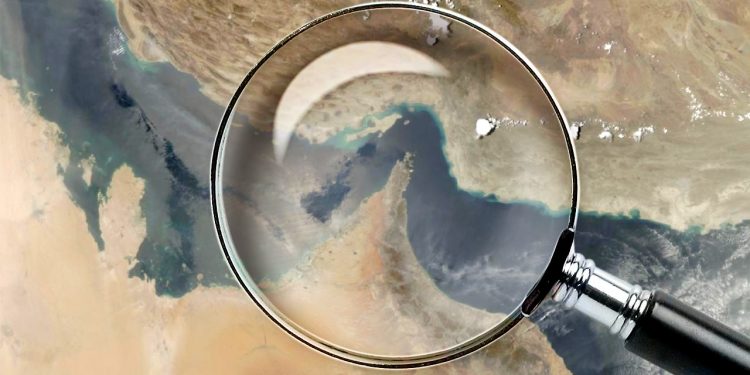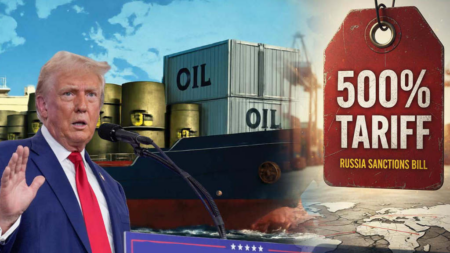In a move that has intensified geopolitical concerns, U.S. intelligence sources revealed that Iran’s military loaded naval mines onto vessels in the Persian Gulf last month—an action interpreted as preparation to potentially block the Strait of Hormuz following Israeli airstrikes on Iranian targets.
Strategic Timing and Escalation
The mine-loading operation reportedly occurred after Israel’s missile attack on June 13, during a 12-day conflict between the two nations.
Iran’s parliament approved a motion to close the Strait, delegating final authority to the Supreme National Security Council, signaling serious intent to disrupt one of the world’s busiest maritime routes.

Iran’s Military Response and Warnings
Brigadier General Ali Mohammad Naeini, spokesperson for the Islamic Revolutionary Guard Corps (IRGC), issued a stern warning: Iran will respond to any threats with “innovative and comprehensive methods”.
The IRGC emphasized its readiness across land, sea, air, and space, and vowed to defend Iran’s sovereignty and national security without hesitation.
Global Implications
The Strait of Hormuz is a critical chokepoint for global energy supplies, with about 20% of the world’s oil and gas shipments passing through it.
Iran has long used the threat of closing the Strait of Hormuz as a geopolitical bargaining chip—but in reality, it’s never followed through as it relies heavily on the strait for its own oil exports—about 90% of its crude goes to China.
And blocking the strait would choke off Iran’s own economy, which is already under sanctions and struggling.
While China, Iran’s top oil customer, would likely push back hard against any disruption.

Strategic Calculus
Iran prefers calibrated provocations: seizing ships, mining waters, or harassing tankers—without full closure.
These tactics stir markets and send signals without inviting full-blown war.
In short, Iran knows that closing the Strait of Hormuz would hurt itself more than its enemies.
It’s a high-stakes move that remains more rhetorical than real.








